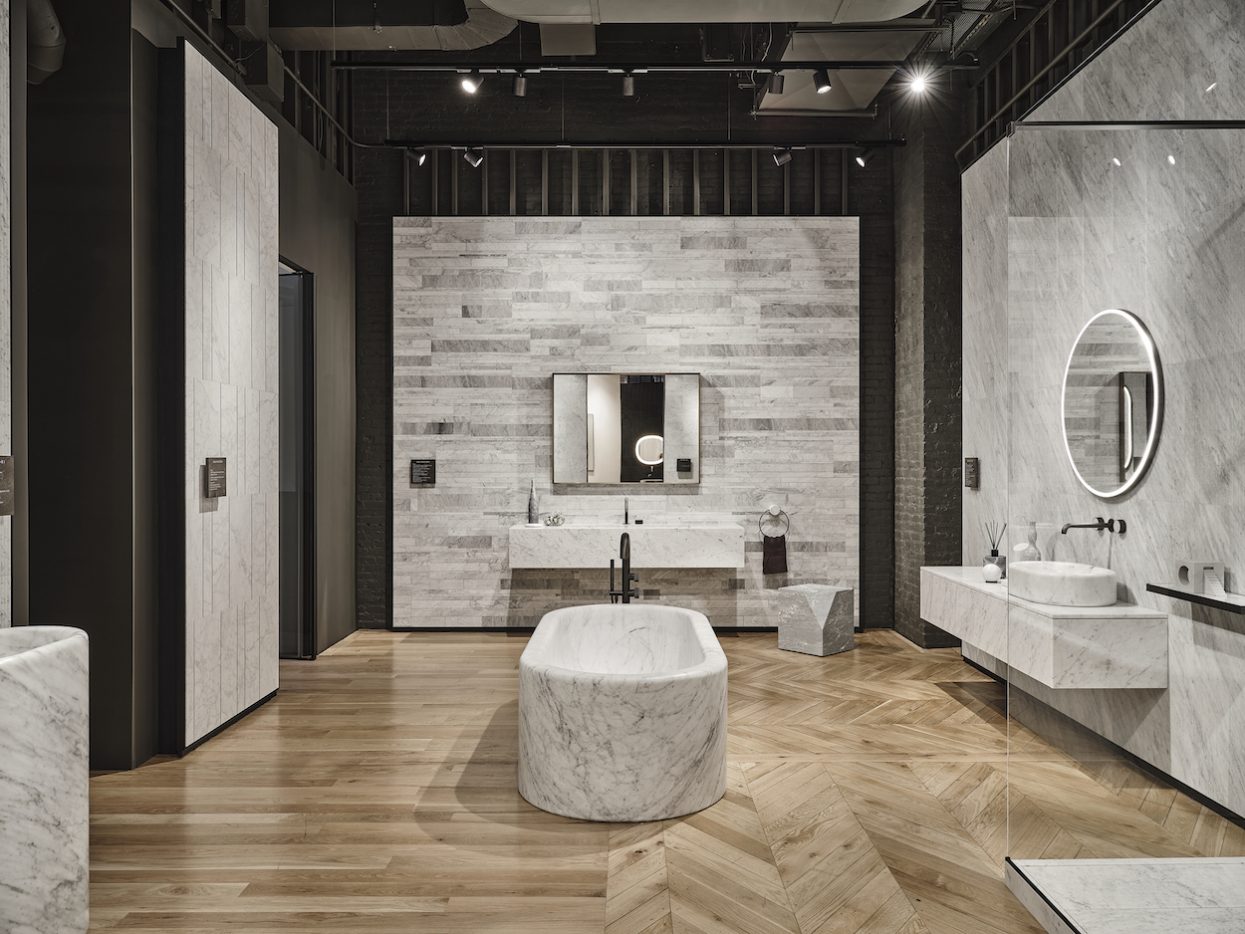After feeling isolated and anxious during the COVID-19 pandemic, West Australian business owner Natalie Moreman found solace in pottery — and she was not the only one who has been drawn to the ancient art.
In the past two years, membership numbers at the Bunbury Studio Potters group in WA’s South West have almost tripled.
Many of the new faces sought connection, community and crafts after a tough couple of years.
The pandemic was a stressful time for Ms Moreman.
It struck just months after she opened a new business on Bunbury’s main street.
“Three months in, we were hit with COVID, and we were then isolated,” she said.
“I lost my staff because of immunisations and different rules; it was very isolating during that time.
As people around the country turned to knitting, gardening and arts and crafts, Ms Moreman turned to pottery as a creative outlet once the borders re-opened.
She says the hobby has benefited her mental health.
“Dealing with anxiety, this has been a fantastic way for me to be able to release and not be caught up in my own head,” she said
Pandemic drives pottery
Bunbury pottery teacher Rachel Youngman says the pandemic has “definitely” played a role in driving people towards pottery.
“There was a lot more interest in the classes; they were getting filled up very quickly, and we had to start adding more classes,” she said
The group has been an outlet for people feeling lonely, sad or sick.
“I believe that people feeling a bit more isolated, dealing with frustrations, maybe stuck at home and not being able to do the things that usually gave them a feeling of success.”
From all walks of life
In recent years, the club has also extended its hours to cater to working professionals while making a conscious effort to welcome new members.
The Bunbury Studio Potters had between 20 and 30 members two years ago — now there are 70 people in the club.
Bunbury Pottery Studio Chairwoman Jacki Hooper says the club is thriving.
“Our members range from 20 years old to 70, and for the first time ever, we’ve just hit 10 per cent men.”
“Somebody said to me, ‘It’s very unusual to go somewhere and have a friendship group that doesn’t involve drink,’ and friendships have flourished in here.”




